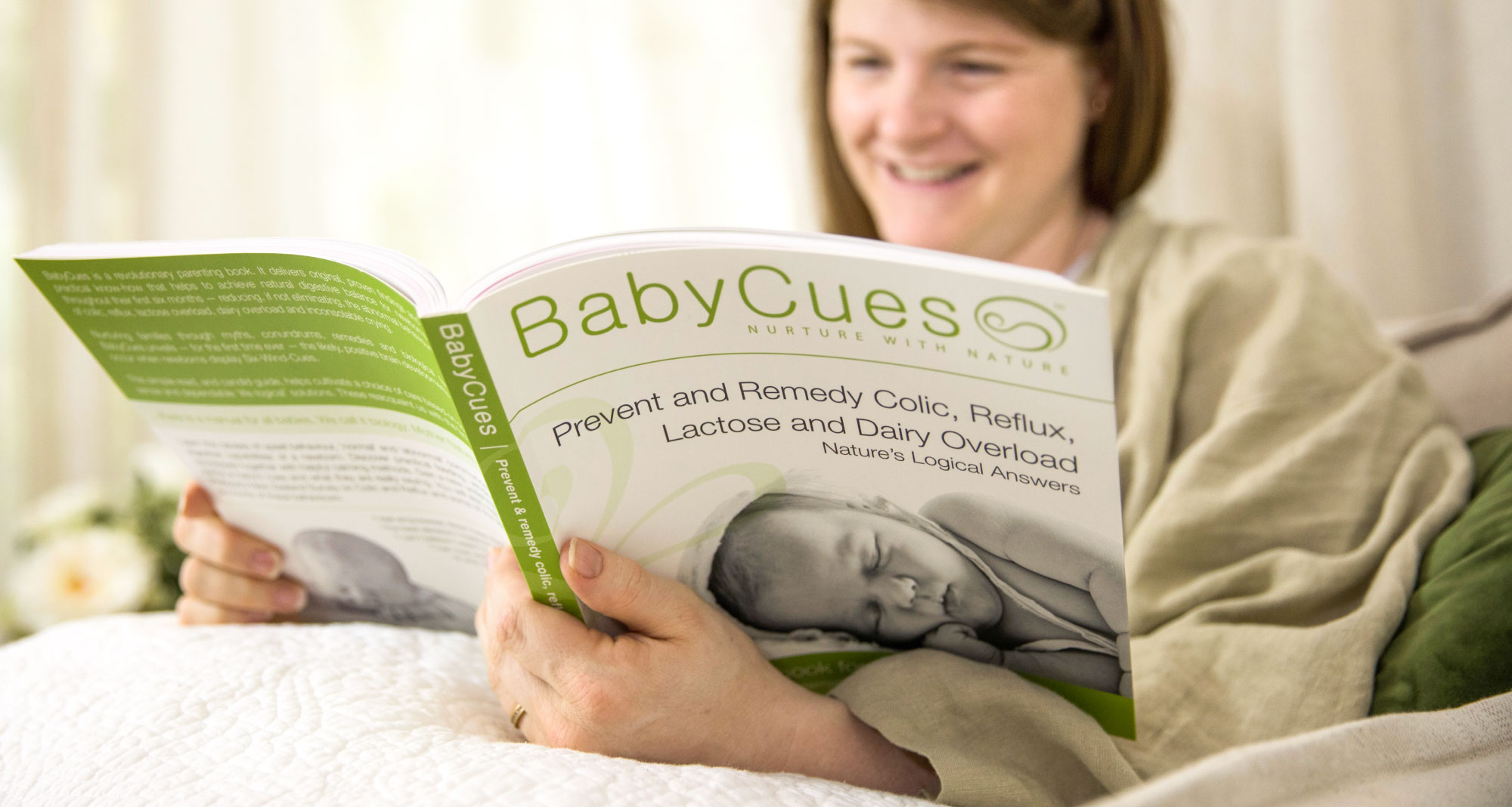Four Steps to Positive Advocacy - TEAS

This article is inspired from watching a number of families, within my clinical practice, that have been threatened to be reported to authorities by their health professional if they did not follow the professionals suggested pathway of treatment for their baby's that had colic, reflux, silent reflux, or cows milk protein allergy despite the child showing the results they are wanting to see through other practices (namely the BabyCues methods, in this case). It is also inspired by my experience over the past year, or so of being an advocate for my father, where I have been labelled many a things by professionals, and endured many situations for simply advocating and trying to ascertain health and respectful care for a man I love.
What is Advocacy?
Advocacy is defined as any action that speaks in favour of, recommends, argues for a cause, supports or defends, or pleads on behalf of others. Anyone can be an advocate, and in my opinion, each of us has a responsibility to ensure that we are strong advocates for our children’s health and safety. For not doing so can lead them down health pathways that could bring more issues, especially where medication is concerned. So how can you best advocate for your child in pregnancy, labour, and postnatal life? Below are three of my top tips that will positively, and effectively help you be the best advocate you can for your baby, and yourselves.
TEAS - the 4 steps to positive advocacy
TEAS is said to mean “hidden truth” and sometimes that is exactly what advocacy is, “unveiling the truth that resonates for you and your child, and then relaying that truth to the health provider to evoke a pathway together that feels right to you and is beneficial for the health of your child.
In this instance I have also used TEAS to stand for Think, Educate & Evaluate, Advocate Passionately, Stand Strong with Support. So let’s break these steps down, so you can be the constructive, non-emotional advocate that you can be.
T - think
After visiting or listening to a health specialist’s advice it is important that you take time to think about what they have said, and ask yourself these three questions:
- What didn’t you understand and you therefore need more clarification from them? E.g. their view on side effects, outcomes, timeline
- What aspects didn’t feel right to you, and you categorically don’t want to follow?
- What aspects need further investigation by you?
Keep reading after the BabyCues Infant Gut Maternal Health Community advert...
E - educate and evaluate
Always do your own research on the information provided so you can make an informed choice? And it’s important to look at research papers for this, instead of social media, whilst delving into who is funding the research and reading the full research paper.
- Educate yourself on the short- or long-term side effects of any treatments so you can be aware of reactions that could occur.
- Educate yourself on any contraindications.
- Educate yourself on coping mechanisms that will help any or all of the suggestions made.
A - advocate passionately
Try and remain composed at all times, but if you do have an emotional reaction, know that this comes from love and it’s probably to be expected. It’s understandable, and the professionals before you should support you within those emotions, not oppose you.
- Use your research – it’s kind-of-understandable but can be sad at times that sometimes you need to prove to professionals that you do know what you are talking about.
- Record everything. Sleep deprivation as parents will have you forgetting a lot, no matter how competent and organised you were before pregnancy, so noting everything down, keeping a running diary of events can be most useful.
- Try to remain factual - again sadly the emotion can often have you look like someone who simply isn't stable enough to advocate, so while being passionate about your goals is very important, do try deliver that in a calm, measured manner. Hard for sure, but it can yield great results when done well.
Keep reading after the Bowel Comfort Workshop advert...
S - stand strong with support
- Find the support you need for yourselves, and your child. If you are not being listened to by the health professional before you, then go to management, and if that doesn’t help, then when necessary, turn to other organisations that can speak to your cause. Sometimes as children advocates, we will find ourselves in places we never thought we would be, and you have a choice to either turn away or stand strong. The choice is always yours of course, but if you choose to stand strong and follow through on your beliefs and research, you may well become a voice of change for others.
Summary
At the end of the day, you have the right to advocate for any loved one, and the right to have your views and wishes considered, answered to and many occasion, if it’s in the best interest of your child, followed through on. So, it's important to understand your strengths and needs, identify your personal goals, know your legal rights and responsibilities, and communicate these to those that need to hear it. All the time also remember, speaking up in love is not being a troublemaker or difficult – it’s being the heart-centered parent that all children deserve.
If you need advice, anything researched or help with your baby's Digestive Overload symptoms - the real cause of colic, reflux, lactose and dairy overload, and some cases of cow's milk protein allergy, which can all be healed naturally then please don't hesitate to reach out for a private consultation.




